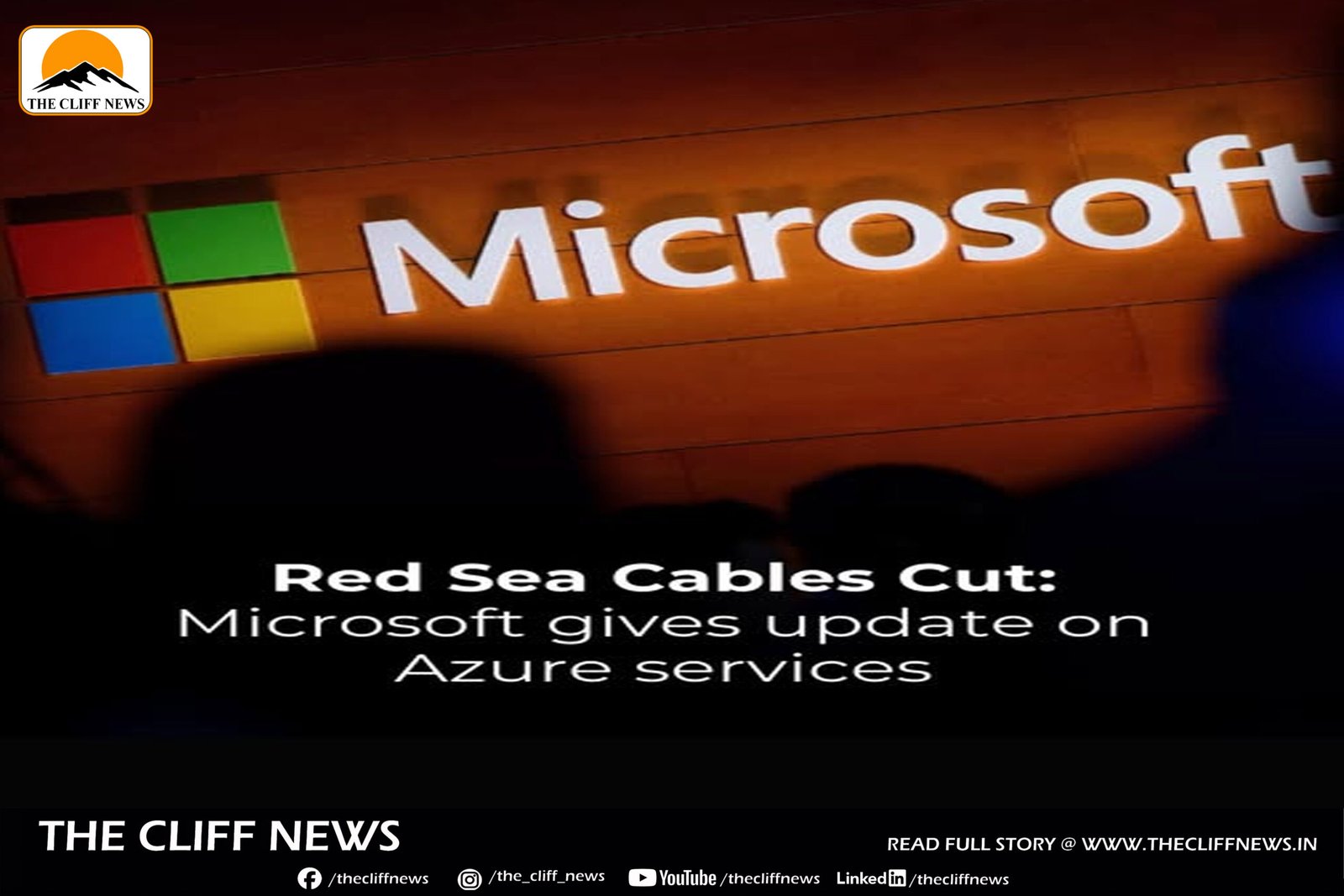New Delhi: Internet users in India, Pakistan, and parts of the Middle East faced widespread connectivity issues after multiple subsea cable systems in the Red Sea were damaged, internet observatory NetBlocks reported on Saturday. The outage has once again highlighted the fragility of global digital infrastructure that relies heavily on undersea cables.
Who Was Affected?
- South Asia: Users in India and Pakistan reported intermittent connectivity and slower speeds.
- Middle East: Customers in the UAE experienced major disruptions, especially those using Etisalat and Du networks.
NetBlocks traced the source of the problem to cable failures near Jeddah, Saudi Arabia, a crucial hub where several global fibre-optic routes converge.
Cause Still Unknown
Authorities have yet to determine the reason for the damage.
- Common causes include ship anchors, seismic activity, or equipment malfunctions.
- In rare cases, deliberate sabotage has also been linked to such outages.
The Red Sea is considered one of the world’s most vital corridors for undersea fibre-optic cables, carrying a significant share of global internet traffic between Europe, Asia, and Africa.
Microsoft Issues Advisory
Tech giant Microsoft confirmed that its cloud platform Azure was among the services impacted.
“We do expect higher latency on some traffic that previously traversed through the Middle East. Network traffic that does not traverse through the Middle East is not impacted,” Microsoft said in a statement.
To mitigate the impact, Microsoft rerouted traffic through alternate global paths, ensuring that most Azure users could continue operations with minimal disruption.
Why It Matters
Undersea cables handle over 95% of international internet traffic, making them the backbone of global connectivity. Experts warn that incidents like this can:
- Slow down or disrupt services across continents.
- Impact businesses reliant on cloud computing (Azure, AWS, Google Cloud).
- Expose vulnerabilities in the global digital economy.
With increasing dependence on cloud-based services, calls for better security, monitoring, and redundancy in subsea cable infrastructure are growing louder.
⚡ Bottom line: The Red Sea cable cuts may be temporary, but they serve as a stark reminder of how the world’s internet hinges on a few fragile lines laid deep under the ocean.



